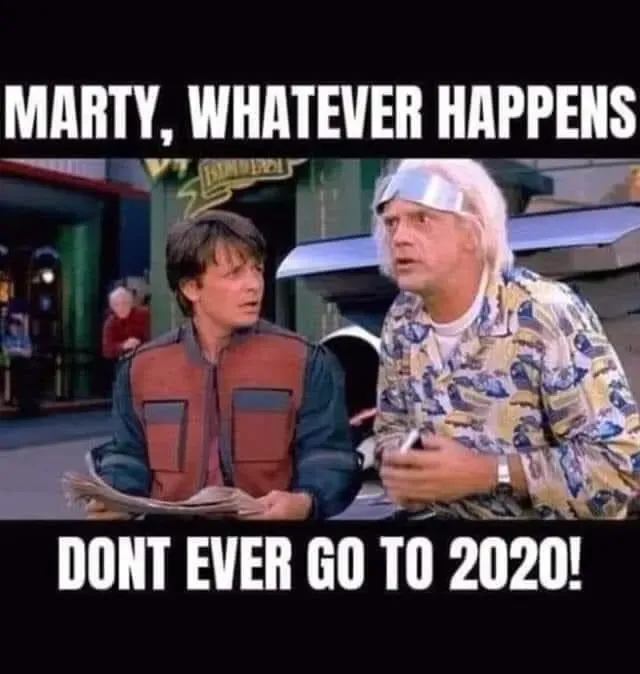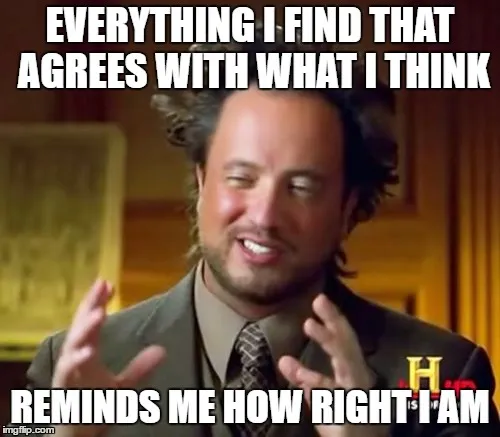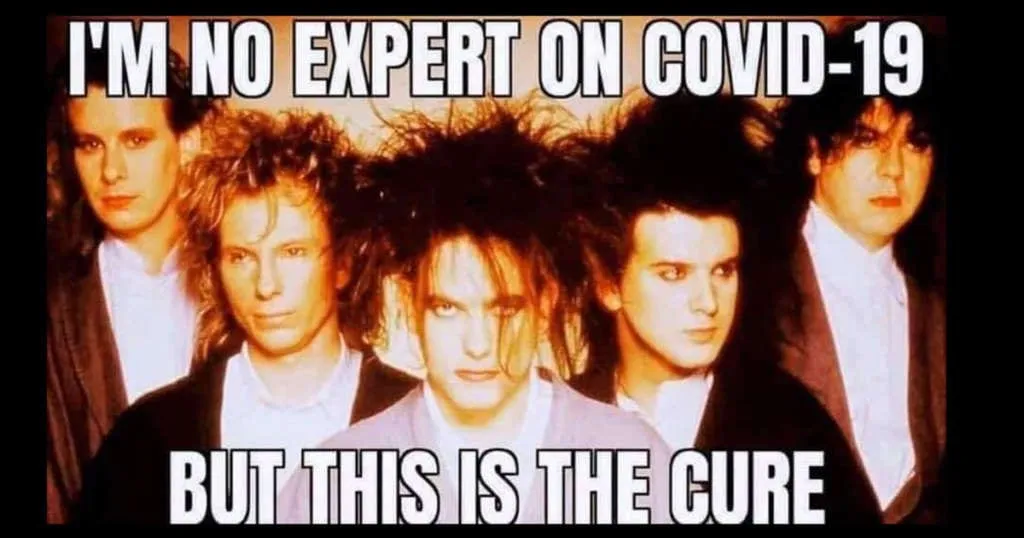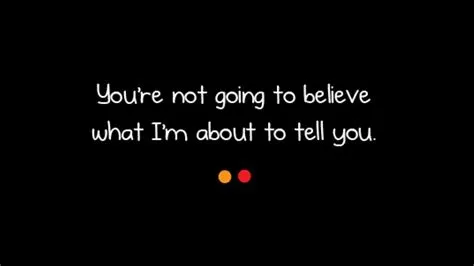I’m sure I’m not the only one here who has tried to convince someone of the truth about Covid19 but been met by a block.
We’re all familiar with cognitive dissonance by now, when a person feels uncomfortable when faced with information that contradicts held opinions. The more these opinions are important to an individual, the more threatened they will feel and, for security, dig deeper into those beliefs.
Have you ever come across the backfire effect? Or the overkill backfire effect? If we want to convince others that a crime has been committed we need to learn how these psychological barriers work in order to communicate more effectively.
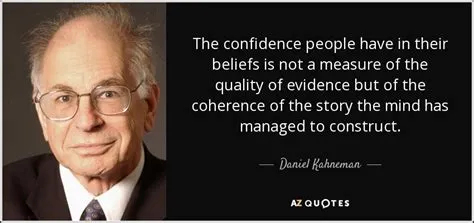
Cognitive Bias
We need to understand that we all have cognitive biases. They can cause us to be blind and irrational in our opinion making.
Did you know we tend to believe statements that contain a rhyme?
How about the zero sum bias, in which we can mistakenly view two parties as equal.
Also what about the fundamental attribution error in which people underestimate the environment on behaviour.
The Confirmation Bias
The confirmation bias is a cognitive bias that results in people digging deeper into their beliefs.
In order to prove they are correct in their beliefs they will search for, favour, interpret and recall information in a way that reinforces their views. Cherry picking is another word. People will even dismiss important information without consideration because they suspect it could disprove their beliefs.
We need to be aware of those environmental factors. Internet searches (on a whole host of topics) only shows results with an inbuilt confirmation bias. The deep state, who developed and operate Google, make sure that alternative views are invisible. Therefore someone looking for information about Covid19 will immediately encounter the information that reinforces their views with little to no effort.
However, most people are somewhat aware of the bubble effect and we can talk to that.
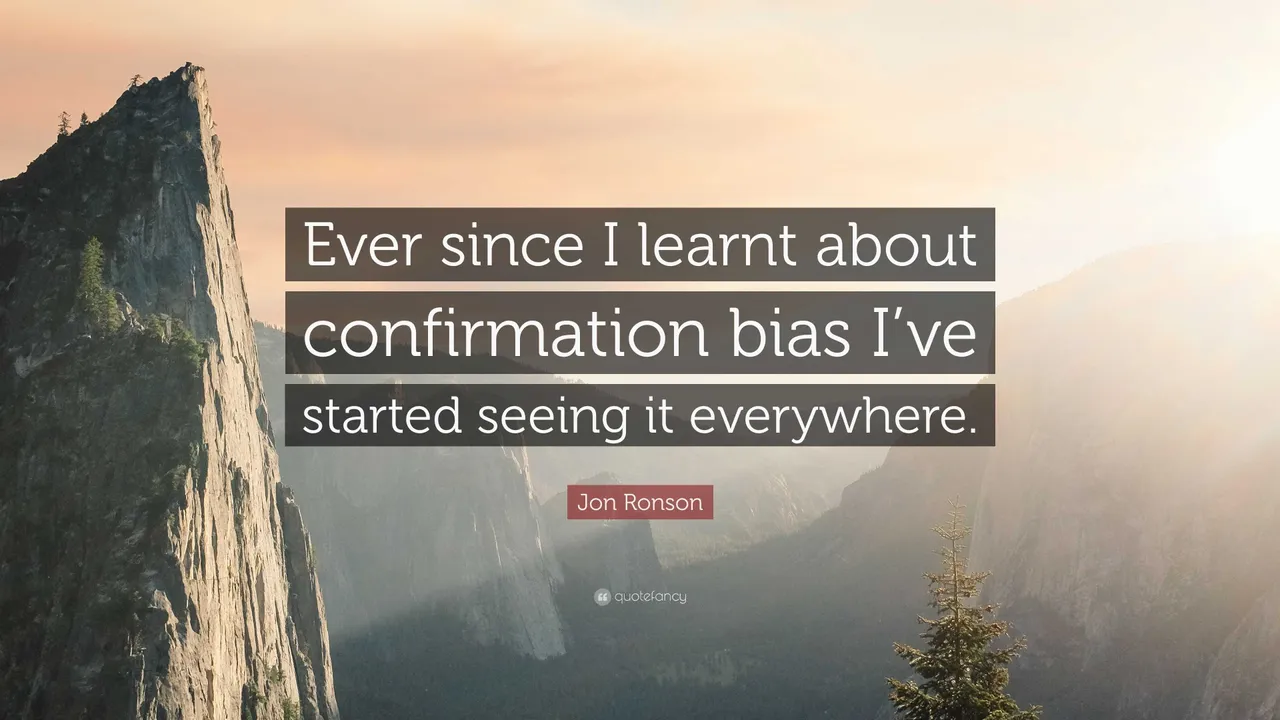
So powerful is the need for consonance that when people are forced to look at disconfirming evidence, they will find a way to criticise it, distort or dismiss it so that they can maintain or even strengthen their existing belief.
Can we reduce confirmation bias?
In order to reduce confirmation bias people need to overcome a preference for information that confirms with their beliefs and to stop avoiding information that challenges them.
We need to emphasise that trying to ascertain the right answer is the goal. Obviously discussion must be conducted on friendly terms. Though something the anonymity of the internet has made less so.
If you can frame it as a journey to go on together, rather then set it up as a debate or battle, you can both be winners uncovering the truth.
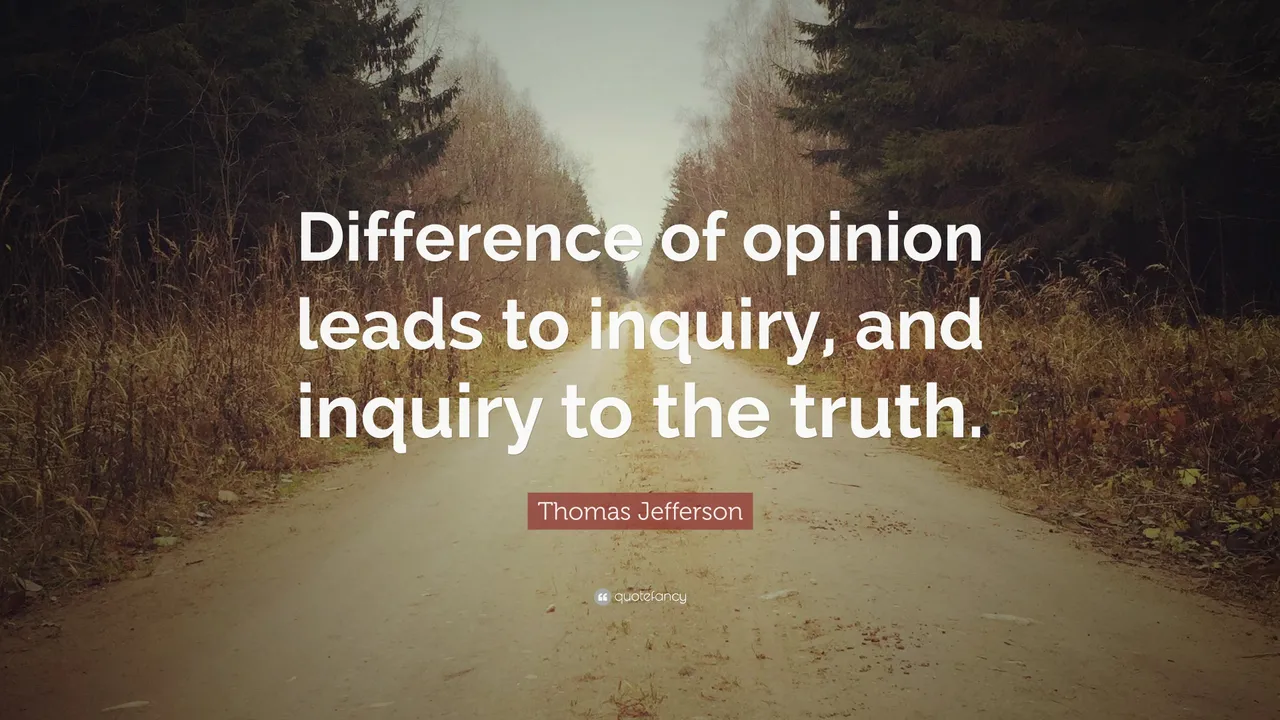
Unfortunately, the more unpleasant and problematic being wrong is, the more a person will stick by their initial stance. You can see how this is a big problem for Covid truthers.
It would be best if there were were ways to minimise the feelings. In addition to emphasising the value in learning a new skill. I have learnt a lot from Covid19. How to read scientific papers, a clearer understanding of how the deep state and the ruling class operate. Definitely some biology and pharmacology.
It should go without saying, but, don’t have an arrogant attitude or mock others for not knowing about the Covid19 scam.
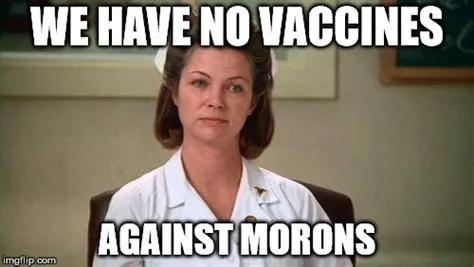
There are solid reasons why us Covid19 truthers want to convince people as to our understanding. Firstly, by exposure we want to ensure this can never happen again. Secondly, we need to warn people of the dangers posed to their health of the “vaccination”.
However, it might be better starting with asking the other person to explain what their stance is and what evidence has caused them to support that stance. Examine the evidence in an open and friendly way, on a search for discovery together.
Further, ask them to think up reasons why their preferred hypothesis might be wrong. This has been shown to help create an environment in which challenging information can be considered rather than overtly rejected.
Furthermore, ask them to think up an alternative hypothesis. This might actually cause someone’s brain to start thinking. Many will fall at this hurdle! A select few people dedicate sufficient time and mental effort to process new information.
Mind you, even acknowledging that you both have confirmation bias can be a big step towards reducing it.
Try the techniques on yourself. You will have the added bonus of seeing things from the other point of view.
Backfire Effect
Backfire effect and backfire overkill are both cognitive biases that could be known about more.
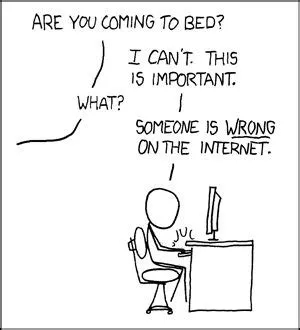
meme(pinterest.com)
In attempting to persuade someone providing them with evidence is usually ineffective and in some cases ends up backfiring whereby the individual supports their original stance even more strongly than before.
The more complex the information presented the more likely to hit overkill backfire. The individual will seek solace and protection in a simple answer and cling to it stronger than ever. Reinforced by an idea that whatever is the most straightforward answer is most likely to be right.
When the backfire effect is taking place a person, in their attempt to reject the new information, will generally first attempt to recall pre-existing knowledge to use in their argument. This very process serves to reinforce that knowledge and increase their support of their beliefs.
In fact, through research they may end up with even more arguments to support their stance.
You have achieved the exact opposite of what you hoped.
Reducing the backfire effect
As above, raising awareness of this cognitive bias is a good starting point. There is also something to be said for changing the way we present information and making it less complex.
New information that we are presenting needs to be couched in friendly, open terms. Using simple phrases like "have you heard" to throw in a piece of information. Ask them what they think in a way that encourages a little thought. At the end of the day the best person to persuade someone is them themselves.
There is also the overkill backfire effect. This causes people who encounter a complex explanation to reject it in favour of a simpler alternative. A person’s belief in a myth could be strengthened in the face of an overly-technical scientific refutation.
An issue for Covid19 truthers is that we have an abundance of evidence to prove a crime was committed. We need to be highly selective about which evidence we feel appropriate to share, and ask for another’s feedback.
We also have to contend with the simple message that Covid19 truthers are "far right conspiracy theorists". The repetition of this simple message reinforcing our lowly position in society as to be avoided.
To conclude, for effective communication we need a process by which to tackle conformation bias and backfire effect, especially overkill effect. We need to raise an awareness of cognitive bias. We need to consider how best to approach reducing the bias, including trying techniques on ourself. In order to do this we need to take some time to analyse the situation, including environment factors. From there we can improve the way information is delivered, considering alternatives and creating space for reasoning and that all important psychological self-distance.
